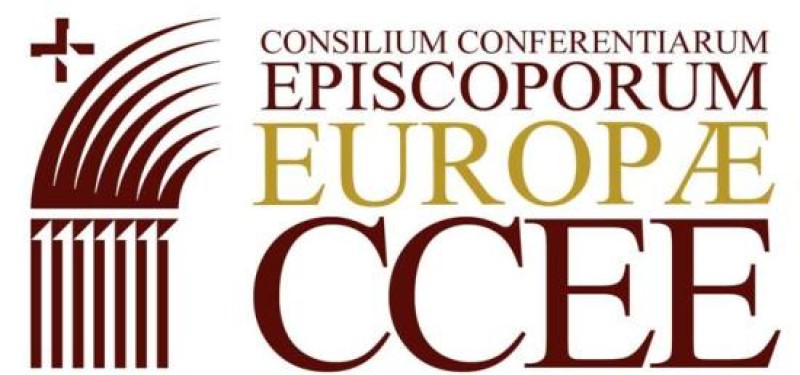The following is a statement from the Joint Committee of the Conference of European Churches and the Council of European Bishops’ Conferences on the occasion of International Roma Day, 8 April 2015. The statement was prepared in collaboration with the Churches’ Commission for Migrants in Europe.
Pour la version française, veuillez cliquer ici.
Klicken Sie hier für die deutsche Fassung.
Per la versione italiana del messaggio, si prega di cliccare qui.
Para la versión en español del mensaje, por favor haga clic aquí.
Press Release No: 15/14
7 April 2015
Brussels
Every human being is created in the image of God, whatever their language and culture may be. This conviction is shared by Christians and churches. Jesus Christ has called us to proclaim the good news to everyone, but especially to the poor and marginalised. We appeal to our communities to become more and more open toward the Roma people, who are often excluded and live in poverty at the margins of society.
Despite hardships throughout their history, Roma minorities have maintained a rich culture that includes values such as family life, love of children, faith in God, respect toward the dead, and enjoyment of music and dance. We regard this culture as a gift of the Creator, deserving respect and support.
The present situation of too many Roma people throughout Europe is deplorable. Major problems include antiziganism in speech and action across Europe, high unemployment, lack of professional training and, consequently, utter poverty.
At the same time some positive trends can be observed in European societies. More Roma youth study in high schools and universities. Awareness about and sensitivity towards the Roma population is growing.
Christian churches, priests, pastors and lay people have tried to help their Roma brothers and sisters in many ways for centuries. Our conviction is, that beside education and employment, the human heart is a third and important pillar in the development of relations with Roma people.
Our churches in many places help Roma communities improve their social integration—not to be misunderstood as assimilation—while preserving Roma culture. We do this with after-school teaching, medical services, food, juridical and other counselling, and so on. We summon our communities to stand by these initiatives, to become real brothers and sisters to the needy.
To move forward in justice is to work for reconciliation with this past. We must build new just relationships with Roma people and commit ourselves to the difficult and worthy task of healing and reconciliation.
Jesus told the scribes at the end of the parable of the Good Samaritan: ‘Go, and do the same thing!’ Let us take up this Gospel challenge and become true brothers and sisters of the poor!
For more information, please contact:
Erin Green
Communication Coordinator
Conference of European Churches
Rue Joseph II, 174 B-1000 Bruxelles
Tel. +32 2 234 68 42
Fax +32 2 231 14 13
E-mail: eeg@cec-kek.be
Website: www.ceceurope.org
Facebook: www.facebook.com/ceceurope
Twitter: @ceceurope
The Conference of European Churches (CEC) is a fellowship of some 114 Orthodox, Protestant, Anglican and Old Catholic Churches from all countries of Europe, plus 40 national council of churches and organisations in partnership. CEC was founded in 1959. It has offices in Brussels and Strasbourg.
